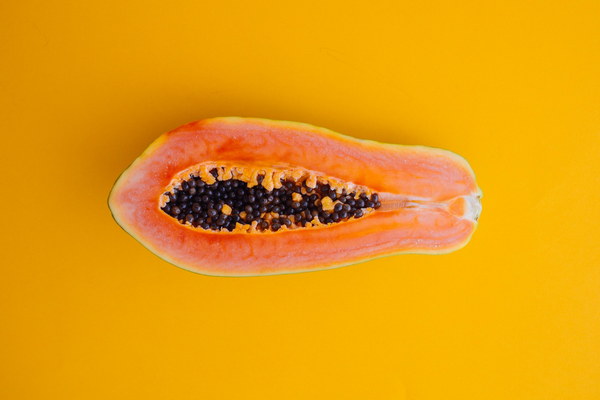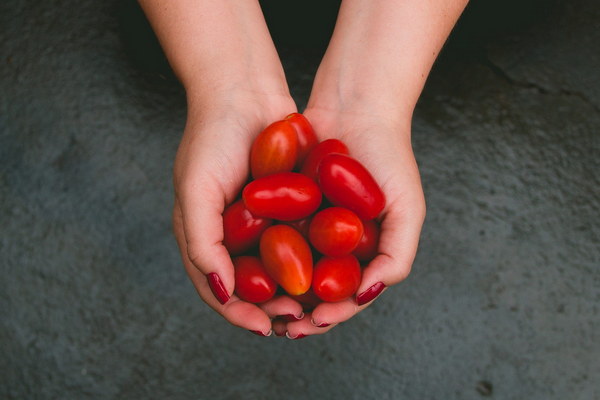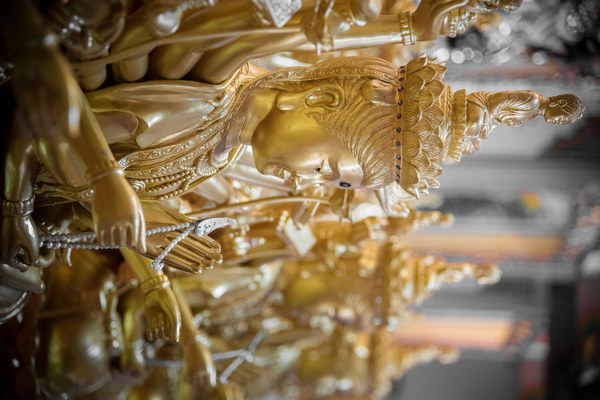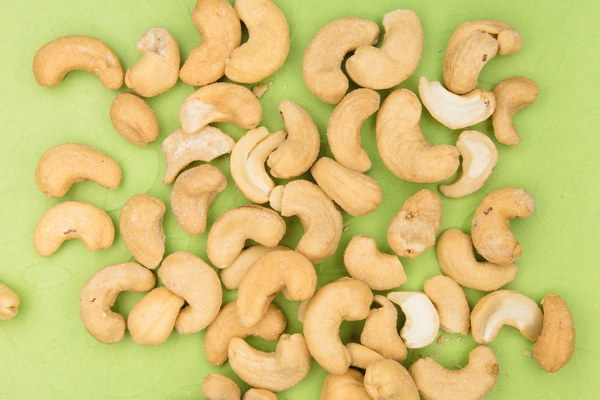Unlocking Natural Remedies The Art of Chinese Herbs for Phlegm and Dampness Relief
In the realm of traditional Chinese medicine (TCM), the concept of phlegm and dampness plays a significant role in understanding and treating various health conditions. Phlegm and dampness are considered to be the root causes of numerous ailments, from respiratory issues to digestive problems. This article delves into the world of Chinese herbs and their remarkable abilities in dissolving phlegm and alleviating dampness.
Phlegm and dampness are two distinct yet interconnected elements in TCM. Phlegm refers to a sticky, thick substance that can accumulate in the body, often leading to respiratory and sinus problems. Dampness, on the other hand, is a more generalized condition characterized by a buildup of moisture in the body, which can manifest as joint pain, fatigue, and digestive disturbances.
The art of using Chinese herbs for phlegm and dampness relief lies in understanding the properties of each herb and their interactions with the body. Here are some of the most commonly used herbs in TCM for this purpose:
1. Forsythia (Lian Qiao): This herb is known for its cooling and drying properties, making it effective in clearing heat and dissolving phlegm. It is often used to treat respiratory infections, sore throat, and fever.
2. Scutellaria baicalensis (Huang Qin): This herb has a cooling and drying effect on the body, making it useful in alleviating dampness and phlegm. It is commonly used to treat skin issues, such as eczema, and respiratory conditions.
3. Astragalus (Huang Qi): Known for its immune-boosting properties, astragalus helps to strengthen the body's resistance against dampness and phlegm. It is often used in combination with other herbs to treat chronic respiratory conditions.
4. Poria (Fu Ling): Poria is a versatile herb that can be used to drain dampness, relieve water retention, and dissolve phlegm. It is often used in conjunction with other herbs to treat kidney issues and urinary problems.
5. Alisma orientale (Ze Xie): This herb has a diuretic effect, helping to eliminate dampness and relieve swelling. It is commonly used to treat edema, dampness in the legs, and digestive issues.
6. Cinnamon twig (Guizhi): Cinnamon twig is a warming herb that can help to expel cold and dampness from the body. It is often used in combination with other herbs to treat colds, flu, and joint pain.
7. Atractylodes macrocephala (Bai Zhu): Atractylodes is a potent herb for draining dampness and strengthening the spleen. It is commonly used to treat digestive disorders, fatigue, and weakness.
In TCM, it is essential to customize the herbal formula to suit the individual's specific constitution and condition. A skilled practitioner will consider factors such as the patient's age, gender, and lifestyle when prescribing herbs for phlegm and dampness.

While Chinese herbs offer a natural and effective way to alleviate phlegm and dampness, it is crucial to consult with a qualified TCM practitioner before starting any herbal treatment. This ensures that the formula is appropriate and safe for the individual's specific needs.
In conclusion, the art of using Chinese herbs for phlegm and dampness relief is a testament to the profound wisdom of traditional medicine. By understanding the properties of each herb and their interactions with the body, TCM practitioners can provide personalized treatment plans that address the root causes of various health conditions. Embracing the power of Chinese herbs can pave the way to a healthier, more balanced life.









